Elon Musk, who has always shaken the tech world , has just dealt a shocking blow to two giants Apple and OpenAI. Despite his chatbot Grok being in the top 3 of the App Store, Musk filed a lawsuit on Monday, accusing them of colluding to manipulate the artificial intelligence market.
This is not simply an antitrust case, but could be a life-or-death battle to shape the future of a trillion-dollar industry.
Allegations of a "secret handshake"
The focus of the lawsuit is not the numbers on the charts, but something deeper: ChatGPT's integration into Apple's iOS operating system, which, according to xAI, is monopolistic, making ChatGPT the default, most convenient option for billions of iPhone users worldwide.
“This means that if iPhone users want to use generative AI chatbots for important tasks, they have no choice but to use ChatGPT,” the lawsuit states. Musk argues that this “locks up the market,” stifling the growth of innovative competitors like Grok, which rely heavily on user interaction to improve and perfect themselves.
On the X platform, Musk also launched a direct attack: "1 million reviews, average 4.9 stars for Grok, yet Apple still refuses to include Grok in any featured list." This accusation is aimed directly at the so-called "unfair playing field" of the App Store, where Apple holds the power of life and death over any application.
The defendants’ responses tell a different story. Apple, in a previous statement, said the App Store was designed to be fair and unbiased. OpenAI spokesperson Kayla Wood, meanwhile, flatly dismissed the lawsuit, calling it part of “Mr. Musk’s long-standing pattern of harassing behavior.”
To understand why Musk is so aggressive, you have to look at how he built his tech empire. With SpaceX, he disrupted the aerospace industry, with Tesla, he changed the auto industry. Now, with xAI, Musk wants to challenge OpenAI – the company he co-founded but left because of a difference in vision.
Launched in March 2023, xAI quickly integrated into the social network X (formerly Twitter), turning the platform into a “living data laboratory” for AI. The $33 billion acquisition of X was just a stepping stone to train Grok – a chatbot with a “witty, rebellious” style that is true to Musk.
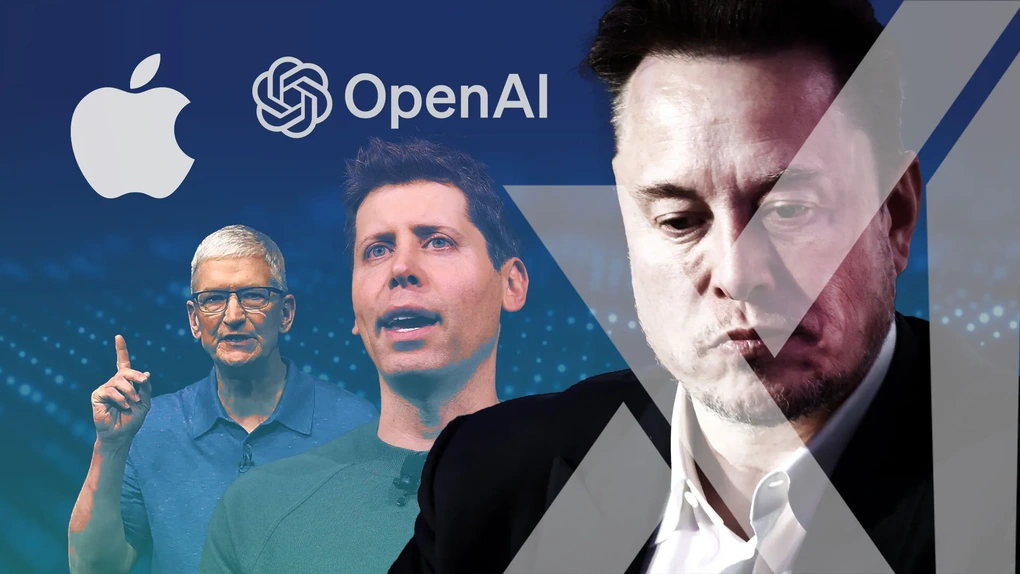
A historic deal between Apple and OpenAI has left Elon Musk reeling. After accusing OpenAI of betraying its original ideals, the billionaire has now taken the tech giant Apple to court (Photo: Getty).
The battle that shaped the rules of the future
Whatever Musk’s motivations, the case is significant beyond a simple commercial dispute. Legal experts are watching closely because it’s the first time a US court has had to actually consider and define what an “AI market” is and how antitrust law applies to it.
Professor Christine Bartholomew of Buffalo Law School called the case a “canary in the mine” – an early warning sign of the complex legal issues that AI will bring. “This is an opportunity to see how the courts will treat AI,” she told Reuters.
With Apple accounting for 65% of the US smartphone market and OpenAI reportedly holding 85% of the AI chatbot market, the argument for an xAI monopoly is not without merit. The outcome of this case will set a hugely important legal precedent that could shape the entire competitive landscape in the AI industry for decades to come.
Meanwhile, the relationship between Apple and OpenAI is getting closer and closer. At a recent event, OpenAI CEO Sam Altman did not hesitate to call Apple "my favorite tech company other than OpenAI." Altman is even collaborating with legendary Apple designer Jony Ive to develop a completely new AI hardware product.
These moves further cement the image of a tight strategic alliance, making Musk's concerns, while somewhat exaggerated, more plausible.
Behind the lawsuit: The race of "aspirants"
There’s no denying that this lawsuit is part of a fierce AI race. Elon Musk, with xAI, is trying to catch up with leaders like OpenAI and Google. Grok’s integration with X gives it an edge in data, but it doesn’t seem to be enough to overtake ChatGPT in terms of popularity and system integration.
The lawsuit could be a strategy by Musk to attract attention, put pressure on rivals and even disrupt the collaboration between Apple and OpenAI. It shows Musk's anxiety about a technology world where "superpowers" are consolidating to consolidate their positions, making it difficult for "rebels" like him.
Regardless of the legal outcome, the case is sure to be game-changing. If Musk wins, Apple and OpenAI may have to loosen their grip, giving other AI startups a chance. If he loses, OpenAI’s position as “AI king” will be cemented, and Musk will have to find a different strategy.
Source: https://dantri.com.vn/kinh-doanh/elon-musk-lai-kien-khi-ke-noi-loan-doi-dau-lien-minh-apple-openai-20250826205132314.htm


![[Photo] Parade to celebrate the 50th anniversary of Laos' National Day](/_next/image?url=https%3A%2F%2Fvphoto.vietnam.vn%2Fthumb%2F1200x675%2Fvietnam%2Fresource%2FIMAGE%2F2025%2F12%2F02%2F1764691918289_ndo_br_0-jpg.webp&w=3840&q=75)


![[Photo] Worshiping the Tuyet Son statue - a nearly 400-year-old treasure at Keo Pagoda](/_next/image?url=https%3A%2F%2Fvphoto.vietnam.vn%2Fthumb%2F1200x675%2Fvietnam%2Fresource%2FIMAGE%2F2025%2F12%2F02%2F1764679323086_ndo_br_tempimageomw0hi-4884-jpg.webp&w=3840&q=75)


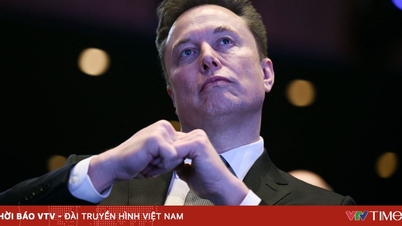

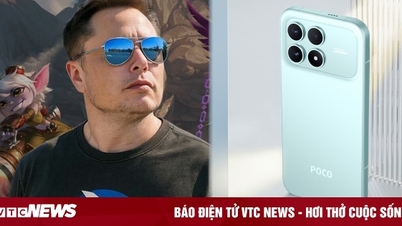

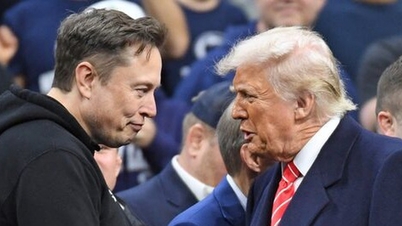

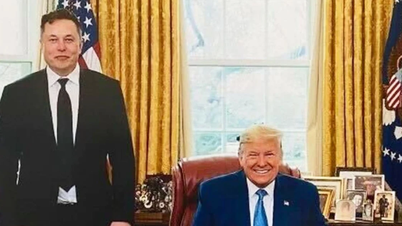

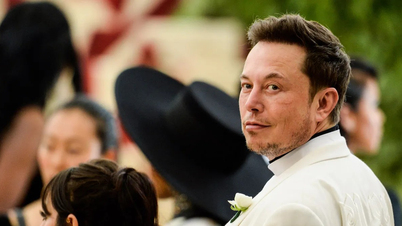

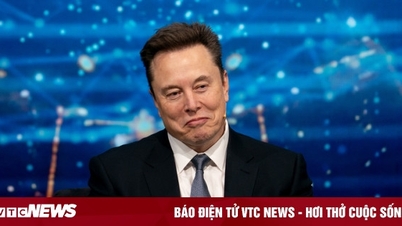
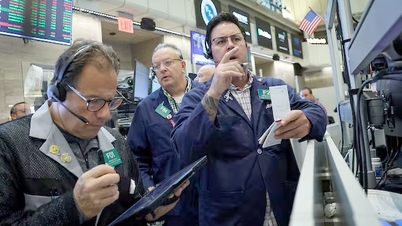












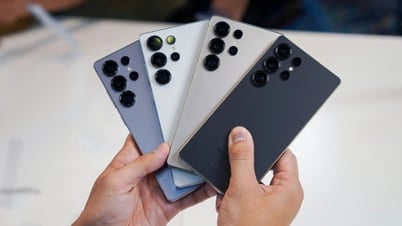
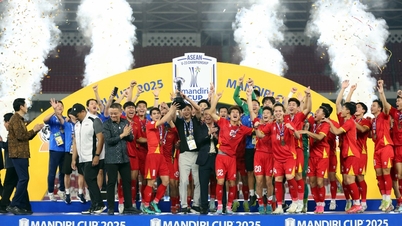

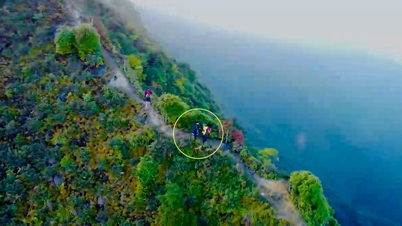
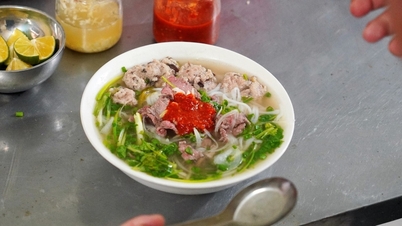












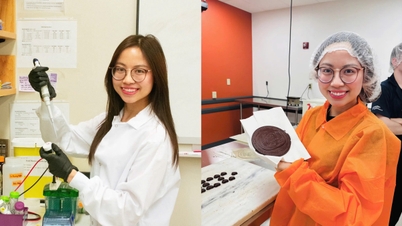












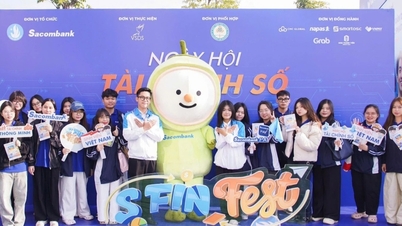













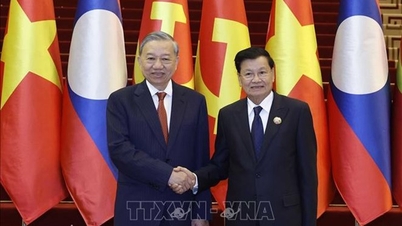




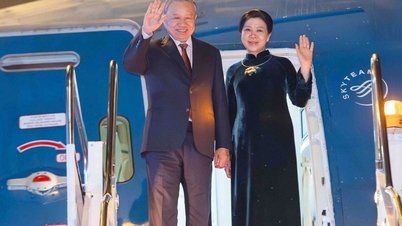

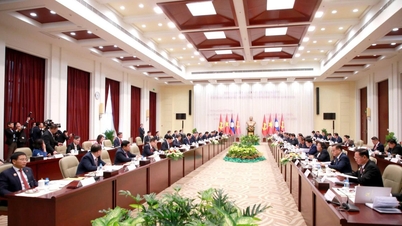






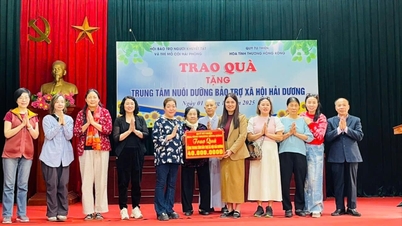



















Comment (0)